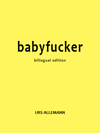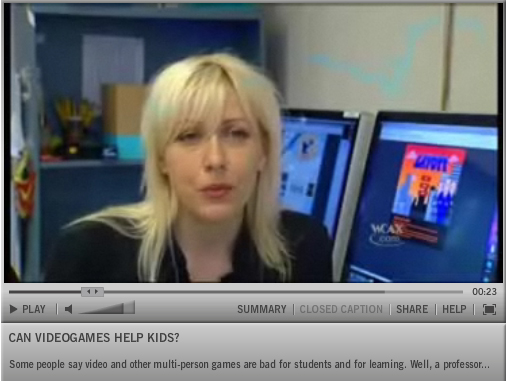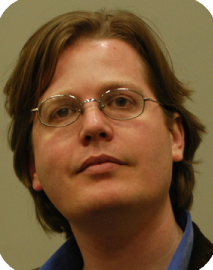Bergen Apothegma, Part 1
I’m at a fine gathering, The Network as a Space and Medium for Collaborative Interdisciplinary Art Practice. This is a workshop Scott Rettberg organized here in Bergen, Norway. Here’s a tiny glimpse of it.
First, Daniel Apollon has very deftly provided us with a video of last night’s electronic literature readings / presentations by nine readers: Jörg Piringer. Roderick Coover, J. R. Carpenter, John Cayley, Renée Turner, Serge Bouchardon, Chris Funkhouser, Talan Memmott, and Michelle Teran. It was remarkable for being an extremely long e-lit reading that was also very compelling throughout and offered a wide range of work, never lagging at any point during the three hours. The video is just over 11 minutes.




 A
A 


 Michael Mateas, Noah Wardrip Fruin, and Mary Flanagan, half of the art-theory collaboration Grand Text Auto, gathered at the
Michael Mateas, Noah Wardrip Fruin, and Mary Flanagan, half of the art-theory collaboration Grand Text Auto, gathered at the ![players collaborate with [giantJoystick]](http://www.we-make-money-not-art.com/wow/0aagiantjoyst4.jpg)